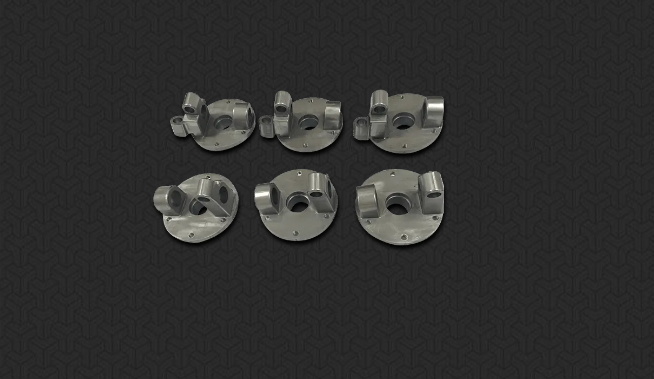Precision CNC machining has become a leading manufacturing method in various industries due to its exceptional combination of efficiency and accuracy. Utilizing computer-controlled machines, this advanced technology produces intricate and complex parts with unparalleled precision. In this article, we will explore the advantages of precision CNC machining and how it has revolutionized the manufacturing process.
At the heart of precision CNC machining lies its remarkable accuracy and consistency. Computer-controlled machines follow pre-programmed instructions with high precision, ensuring that each part is manufactured with exact specifications and tolerances. This level of accuracy is particularly crucial in industries where even the slightest deviations can lead to faulty products or compromised performance.
Moreover, precision CNC machining enables the production of intricate and complex parts that would be challenging or impossible to create using traditional manufacturing methods. The computer-controlled machines can execute complex movements with ease, allowing for the fabrication of highly customized components. This versatility has opened up new possibilities for design and innovation across various industries.
Precision CNC machining also offers remarkable repeatability. Once a part's design and programming are perfected, the same specifications can be reproduced consistently and reliably. This consistency is invaluable in industries that require large-scale production of identical parts, ensuring uniformity and maintaining high-quality standards.
The efficiency of precision CNC machining contributes to cost-effectiveness in the manufacturing process. The automated nature of CNC machines reduces the need for manual labor, resulting in faster production times and lower labor costs. Additionally, the ability to produce complex parts in a single operation eliminates the need for multiple setups, streamlining the manufacturing process and reducing production time.
Furthermore, precision CNC machining optimizes material usage, minimizing waste and reducing material costs. The computer-controlled machines optimize cutting paths and tool movements, maximizing material utilization and minimizing scrap. This not only saves costs but also aligns with sustainable manufacturing practices by reducing material waste.
Another significant advantage of precision CNC machining is its ability to work with a wide range of materials, including metals, plastics, composites, and more. This versatility makes it suitable for diverse applications across various industries, from aerospace and automotive to medical and electronics.
The automation and computer control in precision CNC machining also enhance operator safety. Operators can oversee the machining process from a safe distance, reducing the risk of accidents and injuries associated with manual manufacturing methods.
In conclusion, precision CNC machining offers a host of advantages that make it a preferred manufacturing method in modern industries. Its accuracy, consistency, and repeatability ensure that parts are produced with exceptional precision and meet strict quality standards. The ability to create intricate and complex parts opens up new design possibilities and promotes innovation. The efficiency and material optimization contribute to cost-effectiveness and sustainability. Moreover, its versatility across various materials and applications make it a valuable tool for a wide range of industries.
As technology continues to advance, precision CNC machining will continue to play a significant role in driving efficiency and accuracy in the manufacturing process, paving the way for cutting-edge products and advancements in various sectors. Embracing the advantages of precision CNC machining empowers industries to stay competitive and meet the demands of a rapidly evolving market.

